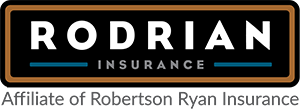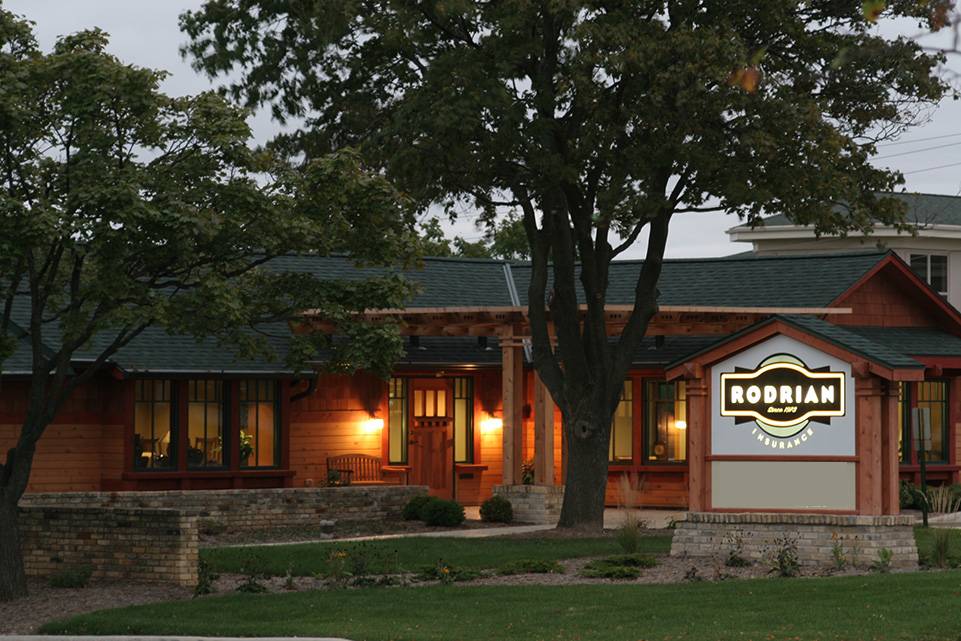For homeowners shopping for Home Insurance, fire and storm damage coverage is usually the primary concern. But many home insurance policies cover risks that most policyholders are unaware of. It is only through the careful examination of different policies that homeowners can discover these more esoteric coverages.
Some of these lesser-known coverages can be more useful than most people think. Most home insurance policies vary considerably, making it more challenging to figure out which benefits are most useful. Homeowners would benefit from checking their existing home insurance policies to determine the extent of their coverage and whether or not they need to upgrade to a more comprehensive plan.
Below, we take a look at the four major types of homeowners’ insurance plans and additional coverages within each that your clients may not be aware of.
- Property damage/loss
Falling objects. Most standard home insurance covers the repair of damage resulting from falling objects. But some also include coverage for damage caused by asteroids and falling satellites parts.
Volcanic damage. Most home insurance policies cover damage from volcanic lava flows and ashfall. However, this is often separate from the coverage for earthquake and flood damage, which usually require special endorsements.
Crime-related damage. Some policies cover damage to property caused by criminal activity or law enforcement activities related to criminal acts. If a police chase and subsequent scuffle cause damage to a yard or fencing, the repair costs may be covered by home insurance. This coverage typically extends to outbuildings such as detached garages and gazebos.
Personal items stored off-site. Most standard home insurance policies cover more than just personal items stored in the house. The coverage may also include personal belongings kept off-site, such as in a storage facility.
Keep in mind that there may be limits to this type of coverage. For example, some policies will cover only 10% of the value of personal belongings stored off-site.
Theft away from the home. Standard homeowner’s policies typically cover the loss of personal belongings stolen away from the policyholders’ home. This applies even if the items were stolen from a vehicle.
- Additional living expenses
Temporary accommodation. If a house becomes unlivable while undergoing insurance-covered repairs, additional living expenses may be covered by insurance. The plan may cover hotel bills, rental payments for temporary residences, and even laundry fees in such cases.
Food supply replacement. Insurance may also cover the cost of replacing spoiled food resulting from unforeseen circumstances, such as lightning strikes shutting off power to the home. However, insurance won’t cover such expenses if the power is shut off due to the nonpayment of bills.
- Personal liability
Identity theft/credit card fraud. Home insurance policies may reimburse policyholders for legal expenses incurred due to identity theft and credit card fraud. Some policies even cover any income that is lost while dealing with the problem.
Most standard homeowners’ insurance policies explicitly state that identity theft will be covered. However, some insurers provide it only as optional coverage that entails an additional cost.
In addition to legal fees and lost wages, identity theft coverage may also cover notary costs necessary to restore credit. Depending on the plan in question, coverage may include other expenses related to the incident.
Mandatory property upgrades. Many insurance policies cover the costs of property repair or upgrades required by town or city ordinances. If the local city council mandates the construction of sidewalks in front of every home, the costs may be covered by the existing plan.
- Medical payment coverage
Untoward visitor incidents. Standard home insurance policies usually provide coverage for incidents affecting visitors of policyholders. This can give a considerable degree of reassurance and peace of mind for homeowners that frequently entertain guests.
This coverage can be helpful if guests are injured when using the swimming pool or a trampoline in the policyholder’s residence. It could also come in handy if a dog bites a visitor to the home. In such cases, the home insurance policy will cover the cost of medical treatment (up to the limit specified in the policies) and even the legal expenses arising from the incident.
Most home insurance policies provide more coverage than expected. It is always a good idea to go over the terms with your clients when offering home insurance.




